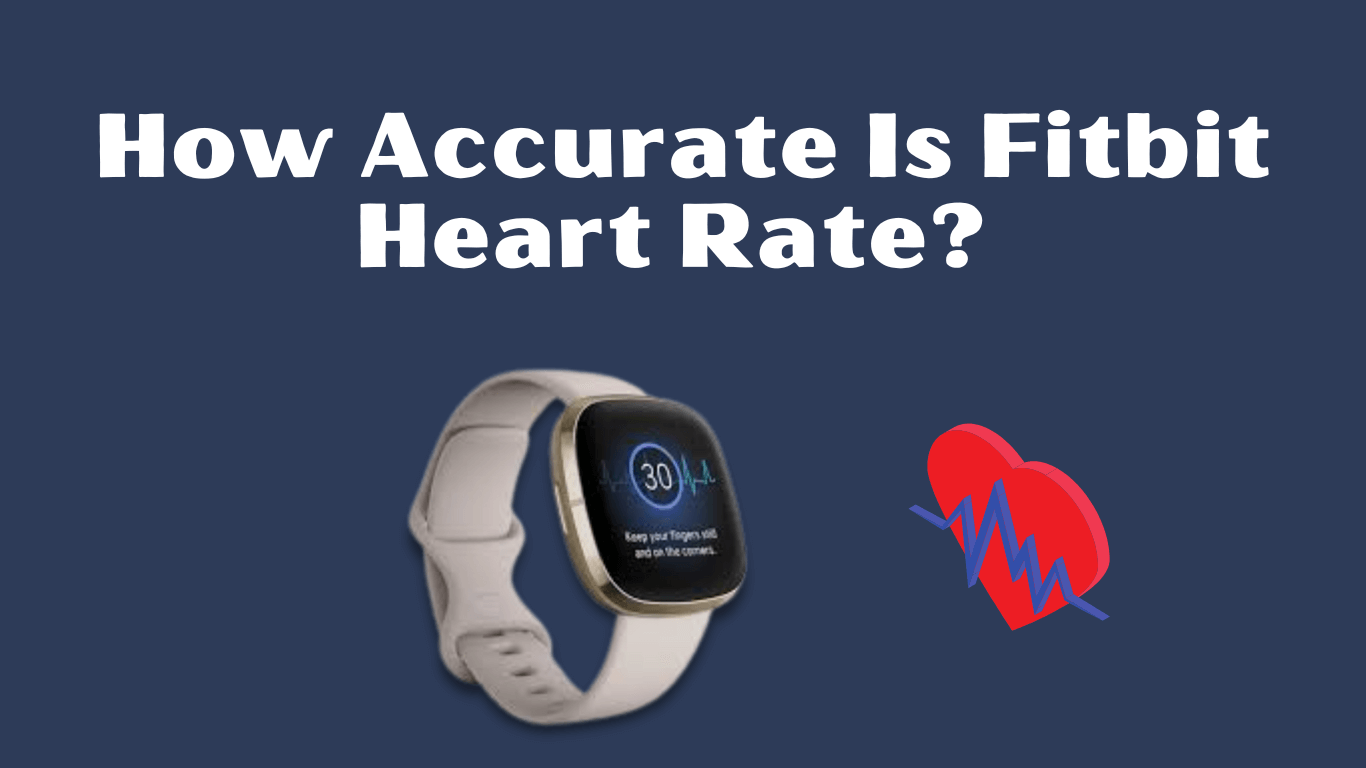Hey there, fellow Fitbit enthusiasts! Have you ever found yourself feeling off, but your trusty Fitbit tracker is telling you that your heart rate is A-OK? It can be pretty confusing, right? That’s why understanding the accuracy of your Fitbit’s heart rate readings is super important, especially if you’re new to the Fitbit family.
But fear not, my friends! Fitbit is renowned for producing heart rate monitors that are pretty darn accurate. In fact, some studies have shown that they can perform just as well as the fancy-schmancy equipment they use in hospitals. And, to make things even better, Fitbit is always working hard to improve the precision of their devices to ensure that they’re top-notch for users.
So, let me give you the lowdown: research suggests that Fitbit’s heart rate data has an error rate of around 6%. Not too shabby, huh? And, if you still have any doubts or questions about the accuracy of your Fitbit’s heart rate readings, don’t worry – we’ve got you covered. We’ll delve into this topic even further, so stay tuned!
Fitbit Heart Rate Accuracy: How Reliable Is It For Exercise And Health?
We previously mentioned that Fitbit heart rate monitors are pretty darn accurate, but it’s important to remember that they’re not intended to be used as diagnostic equipment for measuring your heart rate data. A recent study published in the Annals of Internal Medicine found that the accuracy of a device’s heart rate measurement can vary depending on its model, just like with other features.
The study compared data obtained from various models of Fitbit with ECG readings and found that each model showed some additional heart rate data. This is why you may sometimes feel under the weather, but your heart rate monitor shows your data as that of a healthy person.
Now, as the saying goes, “a stitch in time saves nine.” This means that if you’re aware of your illness, you can treat it early and prevent it from worsening. That’s why it’s crucial to do your research and understand the accuracy level of the heart rate measurement before investing in any fitness tracker. After all, you’ll be relying on your device to check your heartbeat going forward.
How To Increase The Accuracy Level Of Fitbit Heart Rate?
Have you ever thought that you could enhance the accuracy level of your Fitbit Heart rate to enough level? Yes, it can occur, but you’ll have to follow some steps to increase the accuracy of your Fitbit heart rate monitoring given below.
Check the Placement Of the Device
Ensure the Fitbit is positioned correctly on the wrist and not too loose or tight. The device should be snug but not uncomfortable. We know that Fitbit devices measure your heart rate by the data from the pulse near the skin.
So, when you wear it so that it can’t touch the skin properly, you would complain about the inaccuracy of Fitbit devices.
Adjust the Settings
Try changing the heart rate monitoring settings from “auto” to “on” and see if that makes a difference.
Clean the Sensor
Over time, dirt, sweat, and oils from the skin can accumulate on the sensor, affecting the readings’ accuracy. Use a soft, dry cloth to clean the sensor and the back of the device regularly.
Update the Firmware
Check for any available firmware updates for Fitbit and install them to see if that improves the heart rate monitoring accuracy.
Contact Fitbit Support
If none of the above steps work, the user can contact Fitbit Support for more help. They can offer additional troubleshooting steps or replace a device for a hardware issue.
ALSO READ: How Long Does Fitbit Last? [When to Upgrade Your Device]
Conclusion: How Accurate Is Fitbit Heart Rate?
In summary, Fitbit heart rate monitors are a useful tool for anyone looking to track their fitness progress and monitor changes in their body functions. While Fitbit devices do an excellent job of using historical data to calculate metrics, it’s important to note that heart rate accuracy can be impacted by factors like movement, fit, and skin thickness.
It’s crucial to remember that Fitbit heart rate monitors are not intended to be used as medical devices, and consulting a qualified medical professional is always recommended for health concerns. So, while it’s great to use Fitbit to support your fitness goals, it’s essential to use it as a supplement to proper medical care rather than a replacement. Keep tracking your fitness progress with your Fitbit device, but remember to prioritize your overall health and well-being.

